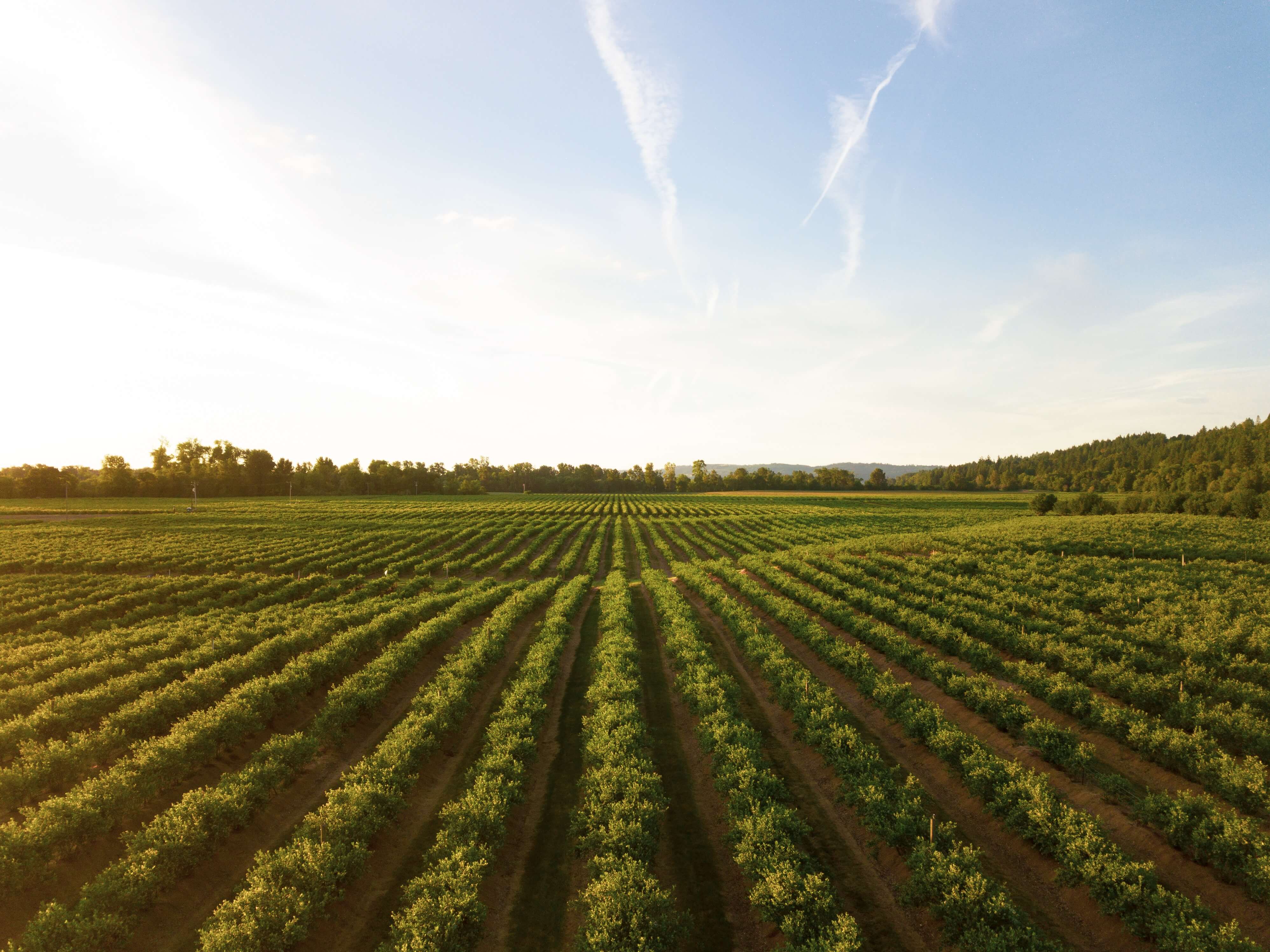Emerging Opportunities to Innovate and Invest in 21st Century Agriculture

The agriculture sector must urgently innovate to meet global food demand sustainably. Key shifts like regenerative farming and plant proteins open opportunities for agribusiness model evolution. Decisions today will enable affordable nutrition and climate resilience.
The agriculture and food sectors face major challenges in sustainably meeting global food demand. Population growth has increased demand, while climate change disrupts production. However, innovations in agriculture have increased food availability. The sector accounts for 30% of emissions, so transforming food systems is critical for climate goals.
Carbon removal through regenerative agriculture could help sequester 0.5-1.2 gigatons of CO2 annually by 2050. This can also address biodiversity, nutrient pollution and water use issues. Public policy and corporate commitments are pushing for more sustainable models. For example, the EU Farm to Fork Strategy aims for more organic farming and 50% lower synthetic inputs. Over 1500 companies have emissions reduction targets through the Science Based Targets initiative. Many companies also have broader ESG goals around issues like regenerative agriculture, waste, water, and biodiversity.
Five key shifts are needed to meet 21st century agriculture goals: 1) Building land value beyond crops by monetizing ecosystem services and deploying climate-smart techniques. 2) Fueling the biorevolution by increasing biofuel production and developing technologies like manure-to-fuel. 3) Eating more sustainably through alternative proteins and lab-grown meat. 4) Enabling transparency and accountability on ESG metrics across value chains. 5) Taking out waste through improved storage and converting waste to energy.
Survey respondents see "building land value beyond crops" as the biggest challenge for incumbents. Over 50% expect these shifts to impact the industry within 2 years. Investors foresee faster change than incumbents. The greatest impacts are expected from sustainable eating and ESG transparency.
Eleven emerging business concepts can support sustainable farming:
- Land preservation and conservation, monetizing ecosystem services of land
- Regenerative agronomy services to support farmer transition
- Smallholder support services to enable climate-resilient, high productivity practices
- Manure-to-fuel and fertilizer conversion
- Biorefining techniques like pyrolysis to create biofuels from residues
- Scaling plant-based proteins more cost effectively
- Developing lab-grown meat alternatives
- Deploying off-grid cold storage to reduce crop losses
- Converting downstream food waste into energy or fertilizers
- Providing field-level insights to optimize practices and incorporate climate risk
- Supply chain carbon accounting software for emissions transparency
Investors are most excited about more mature concepts like alternative proteins and waste valorization. Incumbents prefer on-farm concepts like regenerative agriculture. Responses indicate scaling will be rapid, with innovations achieving meaningful scale in 3-5 years.
To capitalize on these shifts, agribusinesses can: 1) Ensure a healthy core business first. 2) Expand into adjacencies that leverage existing capabilities. 3) Pursue partnerships across the value chain to enter new spaces. 4) Consider novel partnerships even outside the sector. 5) Acquire talent to build new business models and technical capabilities.
In summary, the agriculture sector needs urgent innovation to sustainably meet food demand. Several key shifts must occur, enabled by emerging business concepts with significant investor interest. Incumbents can evolve their business models to embrace these market changes. Decisions today will have lasting impact on affordable nutrition and climate resilience.
Analyst's Notes




Subscribe to Our Channel
Stay Informed











